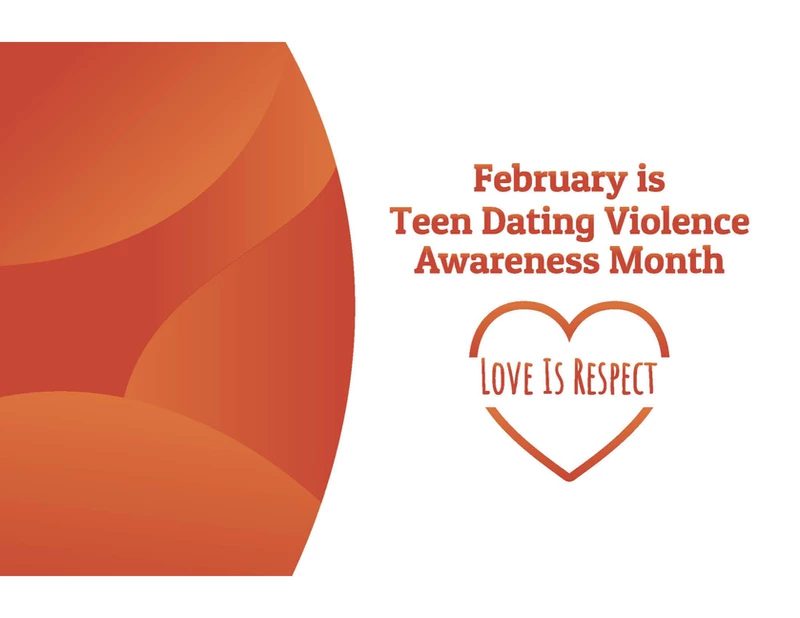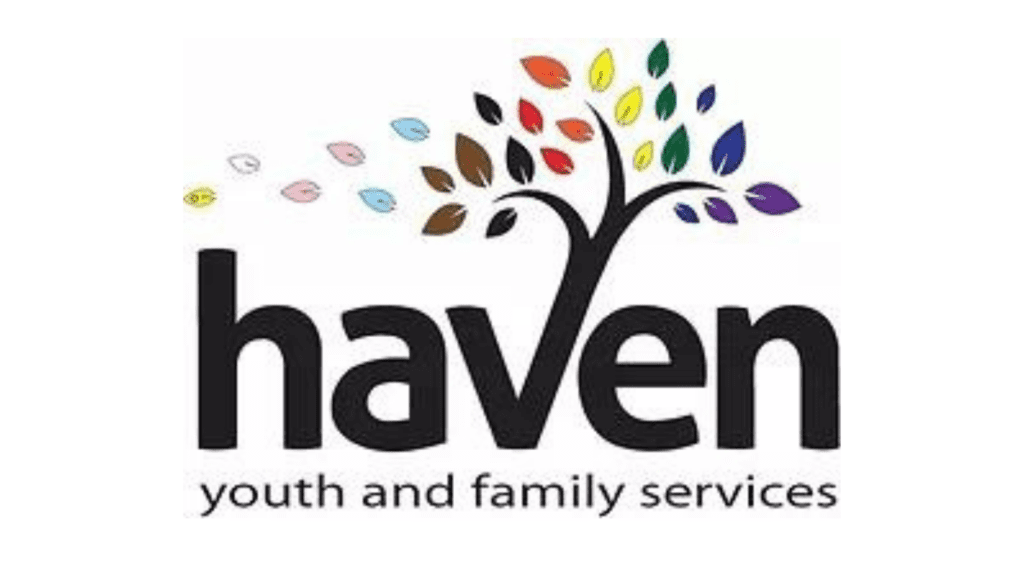Certain expectations that come along with celebrating Valentine’s Day include chocolates, flowers, and a heartfelt card from a loved one. It is a day adorned with red, white, and pink hearts to remind us to appreciate our partners and to let them know they are loved.
While Valentine’s Day is dedicated to gifting extra romance to the special people in our lives, February is marked as Teen Violence Dating Awareness Month.
One in three adolescents in the U.S. is a victim of physical, sexual, emotional or verbal abuse from a dating partner. The most vulnerable population for intimate partner violence is young women ages 16 to 24.
Dating abuse can be defined as a pattern of behavior that one individual use to gain, maintain, and exert power and control over another. Dating violence in a relationship can present in several forms:
· Physical: intentional and unwanted contact on the body
· Emotional/Verbal: non-physical behaviors such as threats, insults, humiliation, intimidation, and isolation
· Sexual: any action that pressures or coerces one partner into engaging in a non-consensual sexual act
· Financial: pressure into providing information about bank account and financial support
· Digital: the use of technology such as texting and social networking to bully, harass, or intimate a partner
Long-lasting effects of intimate partner violence include:
Higher risk for substance abuse, eating disorders, risky sexual behavior and further domestic violence.Being physically or sexually abused correlates to teen girls being six times more likely to become pregnant and twice to contract an STI. Half of adolescents who have been victims of both dating violence and rape will attempt suicide.
Occasionally, the lines between a healthy and unhealthy relationship can blur overtime. It is important to maintain open, honest, and patient communication with your partner, especially if you feel like aspects of your relationship are beginning to feel hurtful and harmful. Make sure to “read the feedback” when talking to your partner. Pay attention to how your partner responds when you bring up situations or characteristics of your relationship that into being unhealthy or abusive. Are they concerned, willing to listen, and change the behavior? Or are they shaming, blaming, and hostile?
For parents, it is imperative to also open the line of communication with your child about their romantic relationships. According to LoveIsRespect (2017), 58% of parents could not correctly identify all the warning signs of abuse. It is developmentally appropriate for them to create a boundary between you and their relationship, but that does not mean talking about the signs of relationship violence are off limits.
Although there are many signs to pay attention to in a relationship, look for these common warning signs of dating abuse:
· Checking cell phones, emails or social media accounts without permission
· Extreme jealousy or insecurity
· Constant belittling or insults
· “Hot and cold” mood (swing from explosive temper to distancing and blaming)
· Isolation from family and friends
· Making false accusations
· Physically inflicting pain or hurt in any way
· Possessiveness
· Repeatedly pressuring someone to have sex
Unfortunately, only 33% of teens in violent relationships never told anyone. According to Break the Cycle (2014), if you believe your friend or child is experiencing an abusive relationship, there are ways to help:
· Start the Conversation: Tell your friend or child that you have noticed certain things about their relationship that concern you. Ask them if they have noticed the same and how that behavior makes them feel. Help them identify these behaviors and how they may be causing their relationship to present unhealthy and abusive.
· Be Supportive: Your friend or child may not recognize the abuse or be ready to end the relationship. Although this may be difficult, be support and do not judge them. Keep an open mind and help them get the resources they need.
· Keep Your Communication Door Open: Create an open and supportive line of communication between you and your friend/child. If they make a statement that makes you upset, take a deep breath and stay calm. Refrain from ultimatums (“if you don’t end this relationship, we are no longer speaking”), judgements (“how could you let the relationship last this long?”), personal statements (“If I were you….”) These responses tend to close the door on communication and will further isolate your friend or child. The more they feel supported, the more likely they will engage in healthier relationships.
· When in Need Get Support – If your friend or child is in immediate danger or that their life is at risk or has been threatened, call 911. You may also consider talking to a mental health professional, trusted adult, or school official.
“Dating Abuse Statistics.” Loveisrespect.org, 2017, www.loveisrespect.org/resources/dating-violence-statistics/.
“Break the Cycle.” Break the Cycle, 2014, www.breakthecycle.org/.


